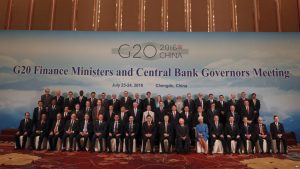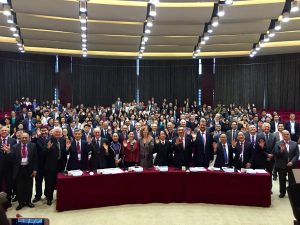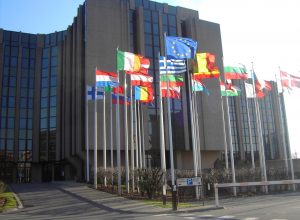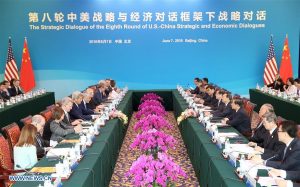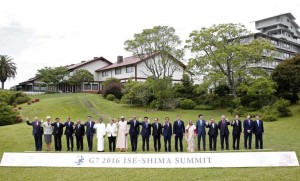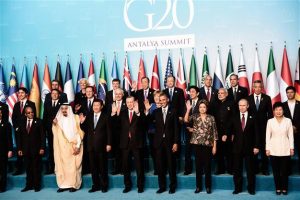
With the annual G20 fast approaching (September 4th-5th in Hangzhou China) it is worthwhile reflecting on the progress, or lack of it, that the G20 Leaders gathering has accomplished since the successful efforts to avoid the catastrophic consequences of the Great Recession.
For a number of G20 cycles now, observers have recognized that the G20, notwithstanding the urging of many experts and former officials, has failed to make the transition to a steering committee. Meanwhile, G20 process has become heavily freighted with endless recommendations, statements and communiques from a growing variety of expert and non-expert corners. The question is not whether the G20 finally will be a success because of the hosting by China’s leaders. The Chinese Leaders know how to run a summit. They have approached this Summit with great effort and seriousness and should be commended for their efforts. But really, it will not be Chinese leadership that is likely to reveal G20 progress or not.
The Editors at the EastAsianForum in a very recent post, “Making the Hangzhou G20 summit relevant” have once again put their collective finger on the issue:
But the fundamental purpose of the G20 is to set the strategic direction. The worry is that the G20 is drifting away from this role and becoming more like an international think tank than the steering committee for the global economy that it was set up to be. The G20’s deliverables are increasingly bureaucratic, focused on commissioning reports, holding meetings, developing strategy papers, publishing high level principles and high level policy documents.

